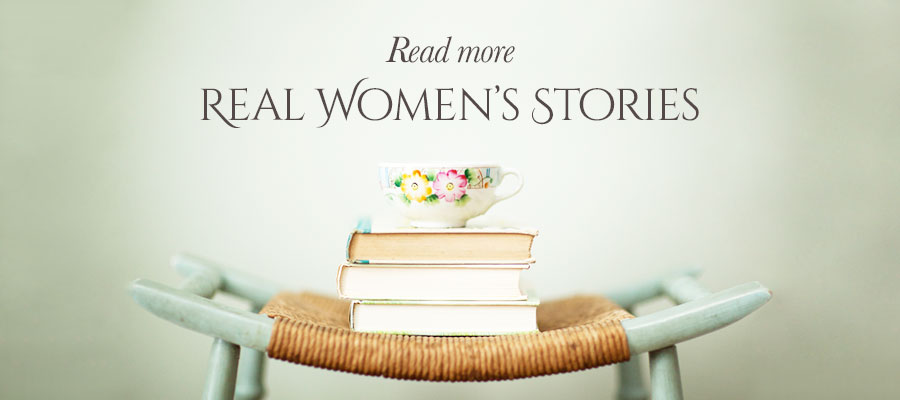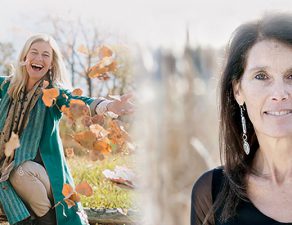
Walking through Shame
When I finally found a way to safely emerge from my own shame, I knew I had something powerful to share.
Shame was like a heavy coat I wore for most of my life. It allowed me to remain hidden, keeping the unacceptable parts of myself from being seen. It kept me safe by not letting others get too close. I felt both burdened, and protected by shame.
Having been sexually abused as a child, I wore this coat of shame from a very young age. I never questioned it, because I didn’t know what it was like to not feel shame’s burden. It was just there, an ever-present part of me, that I couldn’t see, let alone remove.
As a child in school, I sensed I was different from other kids, somehow less capable of friendships. Although I sometimes tried, reaching out to others never felt easeful. Riding in the schoolbus, I didn’t often talk to other kids – it felt much more natural to sit with my forehead pressed against the window, and imagine I was skipping solo in the ditch alongside the bus.
As a teenager, I did have a best friend, Marka, a gay man who made me laugh more than anyone else I’ve ever known. We were close enough that sometimes people asked if we were siblings. And yet, parts of me were still very much hidden – from the world, from Marka, and even from my own self.
Marka would sometimes talk in detail about his own experience of being molested – really unbelievably horrible things. As his best friend, sitting next to him as he spoke, did I offer him compassion, kindness, or empathy? Sadly, no. Here’s what I did instead: dissociated. In other words, I froze, I said nothing, I did nothing, I offered nothing. I wasn’t capable of taking in what he was saying or of responding in any way, because I hadn’t yet processed the similar things that had happened to me.
My shame was deeply entwined with my trauma. I wasn’t consciously aware of what was happening at the time, but looking back, the impact is clear. Trauma was isolating because I had learned that people, relationships, environments were not safe. Shame was isolating because I didn’t want anyone to know that I was damaged and defective.
Working through my childhood trauma as an adult was a difficult and lengthy process. Healing my trauma did not heal my shame; it increased my shame. I felt shame around the initial abuse, shame that I couldn’t just “get over it,” shame that flashbacks were keeping me up at night, shame that my life was such a struggle. And yet, healing my trauma is what finally forced my coat of shame into my own awareness.
Ultimately, shame is not about us; shame is about our need to belong – our need to connect with others, our need to hear another person say “you are just like me.” I had heard that shame means “I am bad” – and so I believed that something was wrong with me. And yet, that just wasn’t true. What was true was that I had always struggled with connection.
My friend Marka and I had become separated by years, miles, and lifestyle differences. Six years ago, after I’d made some progress working with my trauma, we reconnected. I told him how sorry I was that I had just sat there without responding whenever he had shared details of being sexually abused. I then told him something I had never spoken to him before – that I also had been sexually abused as a child. Without a moment’s hesitation, he replied “I know. You were just like me.” He had seen me more deeply than I had ever realized.
Marka passed away not long after our conversation. For me, it was a reminder that our opportunities to be in connection with one another are so precious.
We might think we are alone in our experience – whatever it is, but chances are we are not. I can now share the painful experiences of my childhood and know that it will touch the hearts of some readers, and serve as an invitation to reach out to me, to share your own experiences of shame, and I will feel honored if you do. And I will always respond.
With great care and compassion,
Kristina











